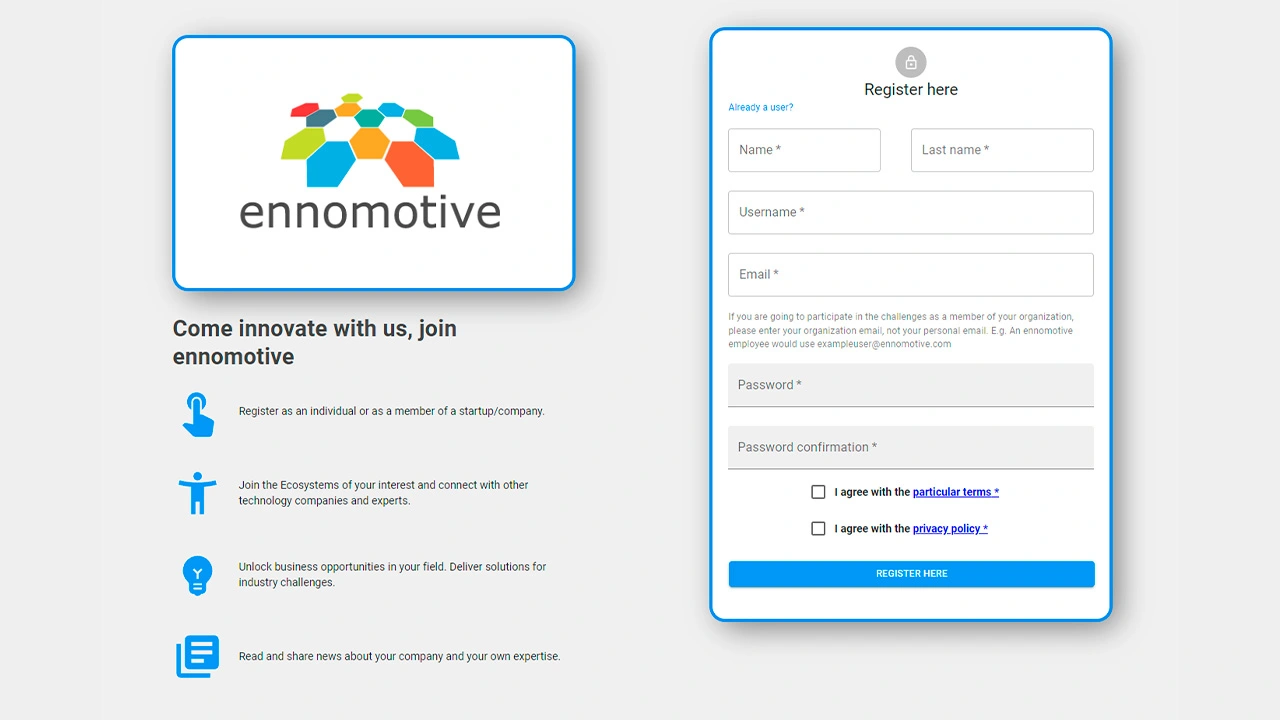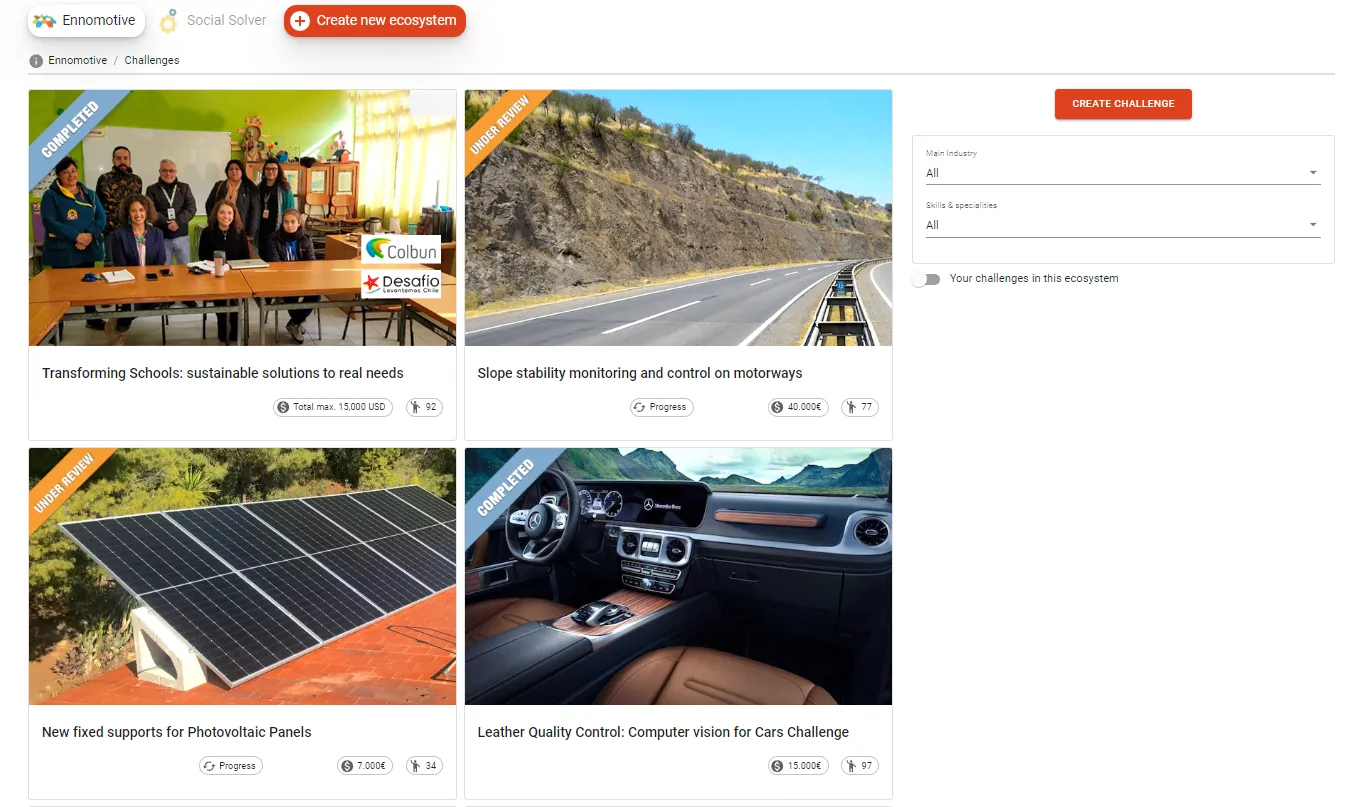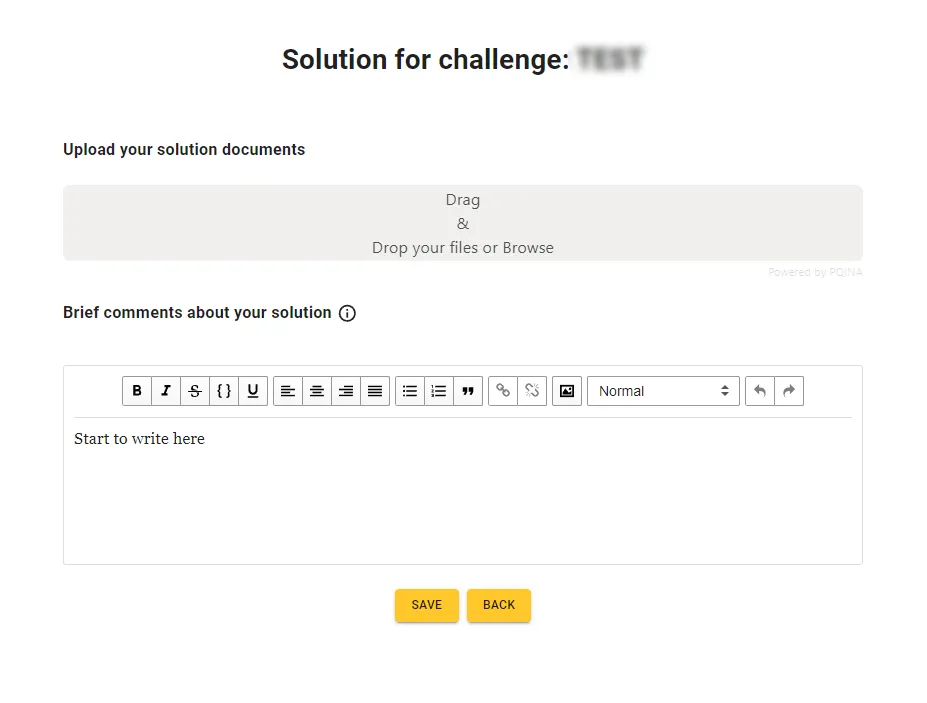Background
Ayuda en Acción has been working since 1981 to improve the quality of life of the most vulnerable communities. Among its main lines of cooperation are the strengthening and modernization of the productive and industrial capacity of these communities. This modernization is based on projects that sometimes use frugal innovation strategies.
This new challenge focuses on farming families, cultivating 0.5 to 1.5 hectares of vegetable gardens in the district of Metuge, province of Cabo Delgado, Mozambique. These families are trying to improve their income through better prices for their productions.
The monthly income of the population ranges between 4,000 and 6,000 Mzn per month (between €58 and €88/month). 3% have their own housing made of solid materials and a metal or tile roof, the rest live in ‘palhotas’, makeshift huts made of plant material, often with sand floor. According to HDI (human development index), Mozambique occupies position 183 out of 193 countries, with serious safety problems.
The challenge
The Metuge district, with a dry subhumid climate, borders with Pemba (0.5M inhabitants), the province capital, ; It is one of the main vegetable production areas in the region. However, the constant supply of vegetables to the city throughout the year poses a serious issue.
Production and sale are carried out with the same type of vegetables and at the same period (from April to September). This generates a saturation of the market, lowers the price or even forces to discard the products. On the other hand, there is a shortage of vegetables during high demand periods (November to February, in fact the rainy season) when the purchase price rises
The reason is the availability of water, since the water for irrigating the land comes from nearby rivers. These rivers come from the interior of the country, they are temporary, and they only have water at a single time of the year (from April to September). Curiously, this is the season of lowest rainfall in the area however rivers bring sufficient water from more distant regions.
The heaviest rainy season in the region occurs from December to April. However, due to the proximity to the coast, water is quickly lost to the sea; This rainfall is not enough for the cultivation of the land since it is does not soaks the fields.
The extraction of water from the rivers is carried out mainly using gasoline motor pumps rented at a high cost. Such water is used to irrigate by flooding, through furrows in the ground, at least every 3 days (due to high temperatures).
There are two crops during the irrigation season, obtaining different types of vegetables: Tomato, Onion, Cabbage, Lettuce, Peppers, Spinach, Eggplant, Beet, Cucumber. Cereals are also grown.
Families exploit the land with their own resources since there are not any support infrastructures, such as warehouses, conservation systems, irrigation systems, water tanks... The vegetable cultivation system is inefficient.
There are some associations, but these serve only to receive technical support from agricultural extension and training services. There are no cooperatives that help in production and marketing, nor are they feasible at the moment.
Find attached an annex with weather information and photos of the land, as well as a PDF document with a study of the region prepared by the Government of Mozambique (in Portuguese).
What we are looking for
We are looking for solutions to innovate in the production or conservation of at least the following vegetables: tomato, onion, cabbage and beet, which allow them to extend their availability in the market and improve profitability for farmers.
To achieve this objective, different solutions may be proposed, e.g.:
- A conservation of vegetables system,
- Cultivation or irrigation techniques
- Storage of products or water systems
- Production of derived products that extend the conservation of production (including or not new species of vegetables)
- A combination of the above and/or any other solution that helps solve the challenge.
It is essential to take into account local characteristics and uses. Frugal approach to innovation is needed, taking advantage of and converting simple products and materials, easy to acquire, build, manipulate and maintain, mobile, ecological. From this point of view, we consider this is the most challenging challenge we ever posted Social Solver.
Evaluation criteria
• Technical feasibility and adapted to the context of the environment
• Minimum possible cost.
• Movable systems that can be stored somewhere and/or not subject to theft.
• Easy acquisition, implementation, use and maintenance (sustainable with local resources)
This is a single round challenge with the following deliverables:
A PDF document that includes:
• Technical description of the proposed system and its operation.
• Specification of equipment and facilities (drawings, materials...).
• Project start-up plan.
• Investments required (cost estimate).
Additionally, you can add attached documents to support your solution.
Timeline
1 round – 9 weeks for delivery (Aug 27, 2024) + 6 weeks for evaluation
-------------------- Particular Terms and Conditions ----------------------------
Confidentiality – N/A
Intellectual property –
You understand, acknowledge and accept that Ayuda en Acción, the seeker and ennomotive will have access to your solution. You also understand, acknowledge and agree that other solvers may create or have created content that may be similar or identical to your solution in concept, theme, idea, format or other aspects. In the event that your solution is identical or similar to that of another solver, Ayuda en Acción or, where applicable, the seeker reserves the right, at its discretion, to award a higher score to one of the Solutions in accordance with the terms of the Challenge, or to randomly choose a Solution from among all those that meet the terms of the Challenge.
By participating in a Challenge, and in the event that your solution is selected as a WINNER, you agree that:
• If you propose a patented solution, you will retain the intellectual property rights and Ayuda en Acción and, where applicable, the seeker will only have the rights to use this specific project.
• If as a result of this challenge a new technological solution or application with Intellectual Property rights is generated, the winner will exclusively transfer their rights to Ayuda en Acción, and where appropriate to the seeker with the aim of using said technological solution or application in social purpose projects, whether their own or those of others. This transfer will be unlimited in time and territory.
To learn more about how our challenges work, visit How it works: Innovation Challenges



